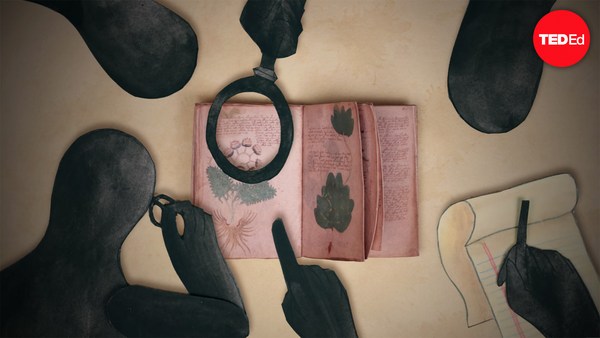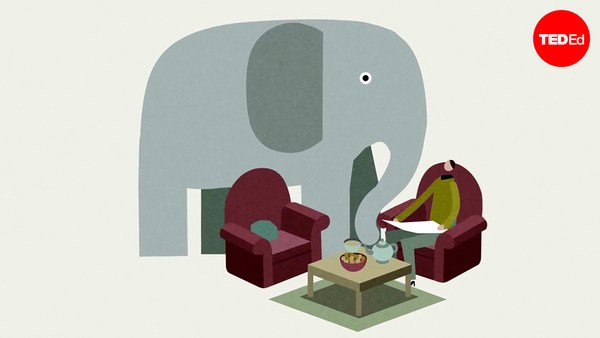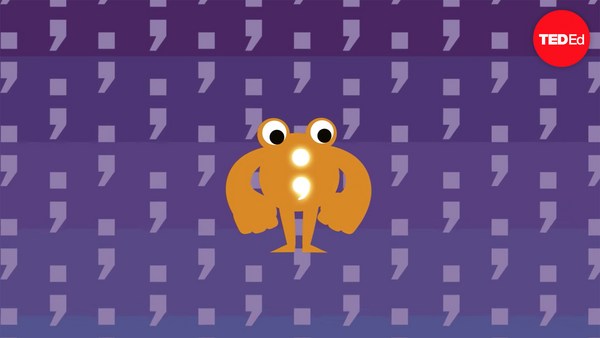Literary critic Northrop Frye once observed that in our primitive days, our literary heroes were -- well, nearly gods, and as civilization advanced, they came down the mountain of the gods, so to speak, and became more human, more flawed, less heroic. From the divine heroes like Hercules, down the mountain below the miraculous but mortal heroes such as Beowulf, the great leaders such as King Arthur, and the great but flawed heroes like Macbeth or Othello. Below even the unlikely but eventual heroes such as Harry Potter, Luke Skywalker, or Hiccup, until we reach the bottom and meet the anti-hero. Contrary to the sound, the anti-hero is not the villain, not the antagonist. The anti-hero is actually the main character in some contemporary works of literature. Guy Montag in "Fahrenheit 451," Winston Smith in "1984," who unwittingly ends up challenging those in power -- that is, those who abuse their power to brainwash the populace to believe that the ills of society have been eliminated. Ideally, those who challenge the establishment should be wise, confident, brave, physically strong, with a type of charisma that inpires followers. The anti-hero, however, at best demonstrates a few underdeveloped traits, at worst, is totally inept. The story of the anti-hero usually unfolds something like this. The anti-hero initially conforms, ignorantly accepting the established views, a typical, unquestioning, brainwashed member of society. The anti-hero struggles to conform, all the while starting to object, perhaps finding other outsiders with whom to voice his questions, and naïvely, unwisely, sharing those questions with an authority figure. The anti-hero openly challenges society, and tries to fight against the lies and tactics used to oppress the populace. This step, for the anti-hero, is seldom a matter of brave, wise and heroic opposition. Maybe the anti-hero fights and succeeds in destroying the oppressive government, with a lot of impossible luck. Perhaps he or she runs away, escapes to fight another day. All too often though, the anti-hero is killed, or brainwashed to return to conformity with the masses. No heroic triumph here, no brave individual standing up against impersonal institutions of a modern world, inspiring others to fight, or resourcefully outwitting and outgunning the massive army of the evil empire. Our storytelling ancestors calmed our fears of powerlessness by giving us Hercules and other heroes strong enough to fight off the demons and monsters that we suspected haunted the night beyond our campfires. But eventually, we realized the monsters did not lie out there, they reside inside of us. Beowulf's greatest enemy was mortality. Othello's, jealousy. Hiccup, self-doubt. And in the tales of the ineffectual anti-hero, in the stories of Guy Montag and Winston Smith, lie the warnings of contemporary storytellers playing on very primitive fears: that we are not strong enough to defeat the monsters. Only this time, not the monsters chased away by the campfire, but the very monsters who built the campfire in the first place.


